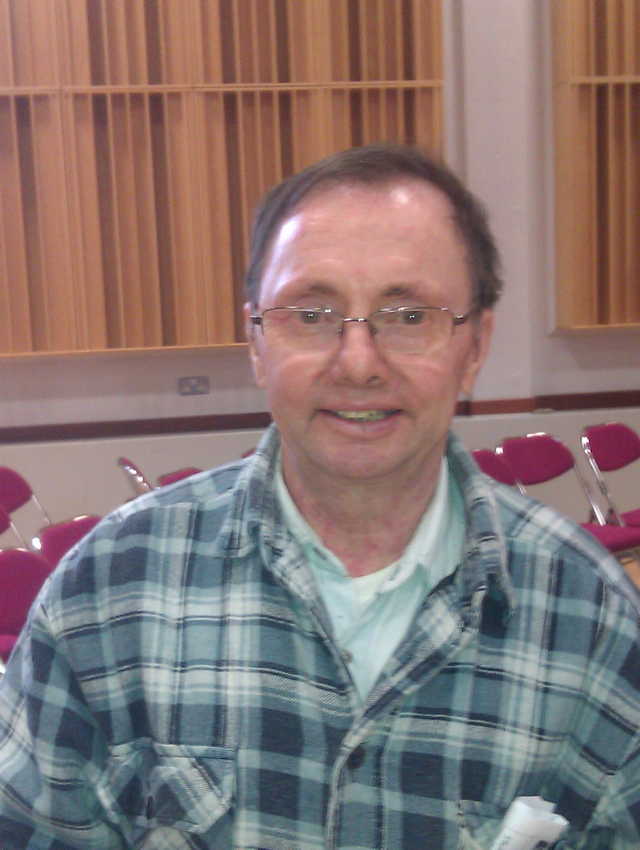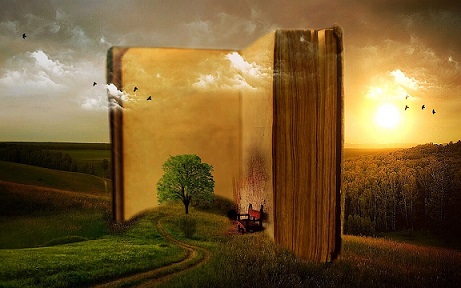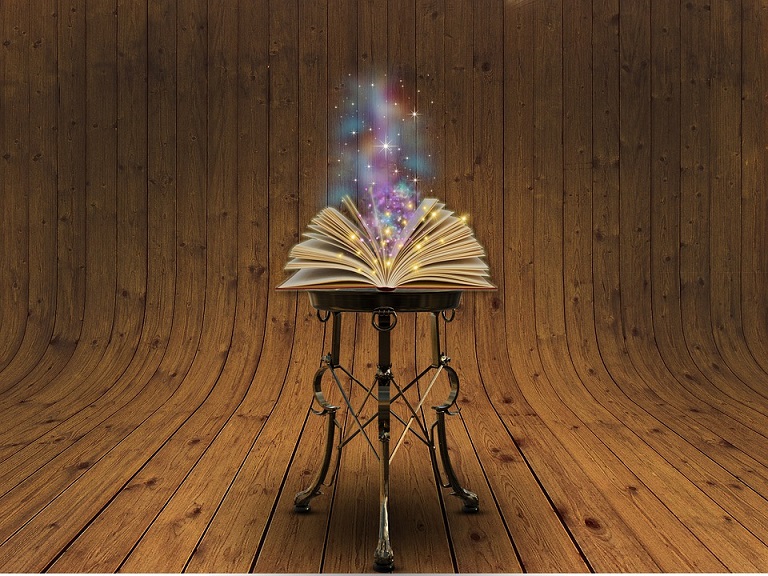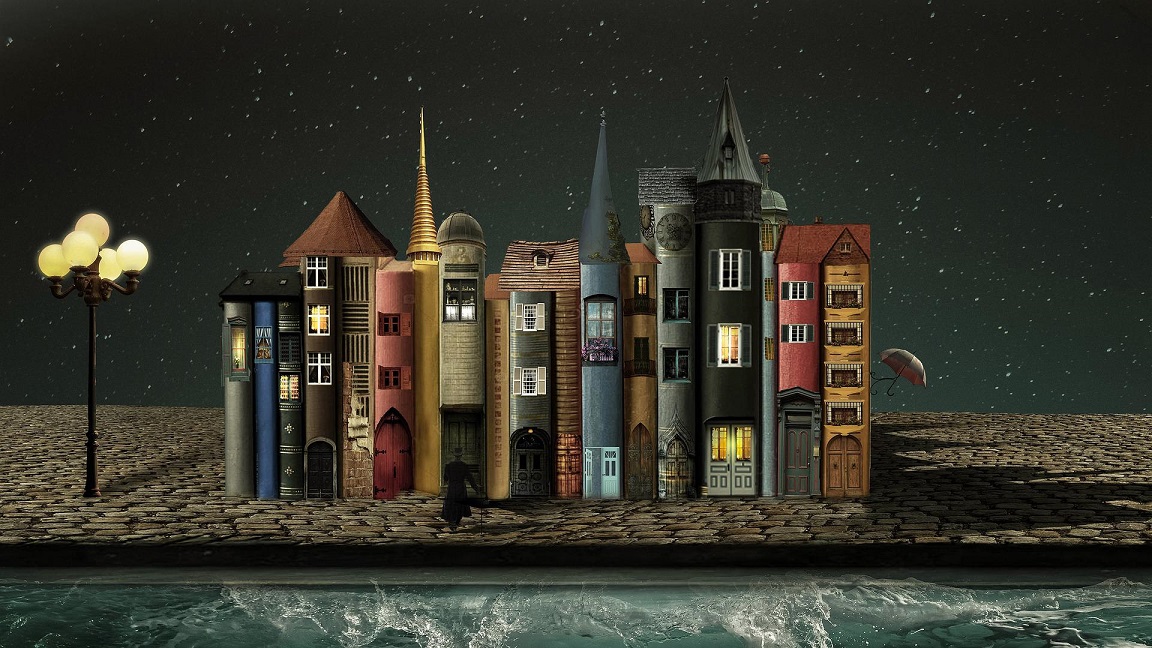The oral tradition of storytelling is one of the most ancient forms of art in contemporary society.

Ben Stupples
Both fable and myth are ingrained deeply into our cultures and they have become a crucial element of characterising our respective national identities.
Without the chivalric folklore surrounding King Arthur, and Saint George and the Dragon, for instance, the foundations of England’s sense of patriotism would be totally destroyed.
But storytelling, in spite of its primordial roots, is one of the least celebrated art forms nowadays.
Walk into any entertainment retail chain such as HMV or WHSmith and you will not discover DVDs of performances by Ben Haggarty and Sally Pomme Clayton – two of the UK’s leading storytellers.
Instead the shelves bulge with music CDs, video-games or films, and the same question still remains as a result: why is the art form of storytelling now so unheard of?
Many of us can identify with the exhilarated sensation we feel when we see our friends or family take pleasure from listening to one of our stories.
Perhaps we can then relate to storytelling’s key concept of engaging an audience – a notion that has invigorated Chris Wise (a leading figure in the Storytelling in Hope club based in Eltham, London) to continue storytelling since he first fell in love with the art form fifteen years ago.
“Finding a really good story,” he says, “one that you really enjoy telling and then sharing is just a lovely experience.”
Storytelling, then, initially appears very similar to how we might spread the latest office gossip on our lunch-breaks.
 But how the art form of storytelling differs to that which can be found in most informal social situations is that storytellers, though they wish to captivate their audience, never wish to be the main focus of attention.
But how the art form of storytelling differs to that which can be found in most informal social situations is that storytellers, though they wish to captivate their audience, never wish to be the main focus of attention.
“When someone says they could see what you were describing,” Chris tells me, “you know that you have disappeared for a moment and that is exactly what you want to do.”
The story therefore seems to take precedence over the performer in storytelling, which draws an interesting comparison to stage or film where the attention given to the actors is often equal to that of the story. Moreover, unlike in stage or film, where elaborate staging or computer-generated imagery (CGI) can contribute towards a story’s meaning, the storyteller must create both their characters and their surroundings with just voice and imagination.
“Storytelling, then,” as Chris says, “can sometimes be a tough task!” However, the dearth of 21st century technology-based techniques is not a weakness of storytelling but, arguably, one of its strengths.
Because it lacks props, special effects and other cast members the audience fix their attention on the performer.
 Many people unite to make one story in theatre and film, whilst one person becomes everything in storytelling. As a result, the storyteller has more of an opportunity to develop a link with the audience, which is what Chris accredits to “the best storytelling performances because you become one with the audience. It almost feels like a symbiotic relationship.”
Many people unite to make one story in theatre and film, whilst one person becomes everything in storytelling. As a result, the storyteller has more of an opportunity to develop a link with the audience, which is what Chris accredits to “the best storytelling performances because you become one with the audience. It almost feels like a symbiotic relationship.”
This capacity to unite groups of people via the imagination’s stimulus is an undoubted rarity in our society. which is often affected by social, political or religious divides.
The Storytelling in Hope club epitomised a beneficial means of utilising storytelling’s potential to unite groups of people as they brought together storytellers from different ethnicities and celebrated Diwali, the Hindu festival of light, with a retelling of sections of the Ramayana – one of the great epic tales from India and Nepal.
Storytelling can therefore be not only a source of entertainment but also a means of enhancing our awareness of other cultures, which could benefit our increasingly multicultural society in the future.
But, in all honesty, the chances of the government employing the likes of Chris, who is aiming to become a professional storyteller later on this year, to tell stories from different cultures so that barriers in the local community may be broken down are sadly unlikely.
 Regardless of that notion, however, there is still a case for storytelling to be nurtured, advertised and enjoyed more in our society.
Regardless of that notion, however, there is still a case for storytelling to be nurtured, advertised and enjoyed more in our society.
It has been ignored for too long; it needs to be heard more and you could be one of its voices.
Storytelling clubs exist across the country and a simple Google search will inform you of the one nearest to you.
Over the summer months, you could also attend or participate in weekend-long events such as Festival at the Edge that Chris describes as “cracking entertainment” – why not, in all sincerity, give it a try? The Prisma’ memoirs.
(Phtotos:Pixabay)












.jpg)












